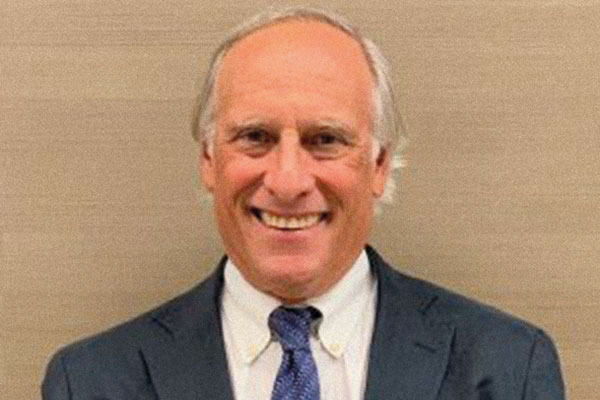
Marc Haves
Published:
When Marc Haves was growing up during the ’50s and ’60s in the Five Towns, a predominantly Jewish area on Long Island, one subject didn’t seem to come up during family gatherings, or in the history lessons at school, or even during conversations at his reform temple.
“The Holocaust was not something we discussed,” Haves said. “It was swept under the rug.” Even though Haves’ family embraced their Jewish heritage, with his father having served in the military and his uncle acting as West Coast Director of the Anti-Defamation League, there was a notable silence surrounding the subject of Holocaust, and he rarely encountered or engaged with survivors.
Looking back, Haves, who has two adult daughters and lives on Long Island with his wife Rita, realized that “there wasn’t an emphasis on educating the community about what really happened.” Whether out of shame, embarrassment or sadness, his community never engaged with the legacy of the Holocaust.
“People didn’t understand the ramifications of not discussing it,” he said. “It was as though they were embarrassed by what had occurred.” Among these consequences included a lack of understanding of and even empathy for survivors. Haves sought to correct this silence by learning more. Encountering Holocaust survivors throughout his career in commercial real estate in New York City -- “tough as nails,” as he described them -- he wanted to uncover more about their experiences and how they’d managed to endure such tragedy. This mission to learn more eventually led him to USC Shoah Foundation.
Haves was impressed not only by the vast collection of survivor testimony, but by the key role that education plays in the Institute’s mission. Exposing students, educators and researchers to the stories within the Visual History Archive can enlighten and break the silence surrounding such atrocity, a silence that can lead to ignorance or bigotry.
“The Shoah Foundation works to break down bigotry, and to ensure that there is no longer silence surrounding the Holocaust or any other genocides. People from all over the country, the world, can view the clips, engage educators, and engender discussion, and hopefully get rid of hate,” Haves said.
In giving to USC Shoah Foundation, the man who set himself on a mission to move beyond silence and educate himself hopes to inspire that same drive in others. As Haves said, “You should always want to learn something.” Silence is best combatted by knowledge, like that found at USC Shoah Foundation.